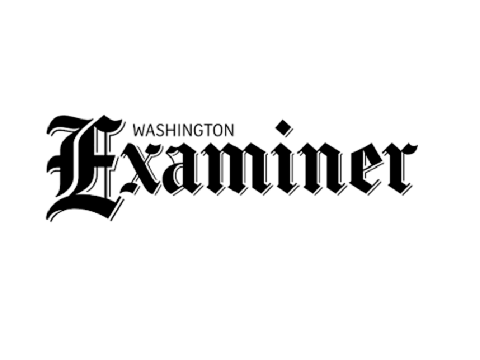This piece originally appeared in Washington Examiner on October 19, 2021.
The right to vote means the right to vote for representatives who will listen to us when they are in office. It means the right to vote free from undue government restriction.
Yet, the so-called Freedom to Vote Act, which is expected to receive a vote in the Senate this week, would restrict our right to participate in our democracy. It would also inject government-sanctioned misinformation into political campaigns. The bill would make it far more difficult to advocate for legislation, support causes, or organize grassroots movements.
Despite the bill’s numerous rewrites, it’s chock full of anti-voter measures that undermine true representation.
Almost a third of the proposal from Sens. Amy Klobuchar and Joe Manchin is not dedicated to voting. Instead, it’s devoted to producing politicians who are insulated from their critics and less responsive to their communities. Public communications that so much as mention a candidate, including nearly all elected officials, would be susceptible to regulation as campaign ads for more than 10 months out of any election year. That will prevent many nonprofit and community organizations from speaking out about key legislation or galvanizing the public to do the same. How is this better for democracy?
That’s not the only provision designed to stifle speech about critical issues. The bill would also hamstring grassroots causes by inflating the cost of online communication and discouraging internet platforms from accepting ads about legislation. Other provisions could threaten groups that advise members of Congress about policy with legal action under constitutionally dubious “anti-coordination” rules. The bill would ban many such groups from making any communications vaguely described as promoting or attacking candidates.
The result would be censorship. An environmental group that meets with elected officials to advise them on pollution, for example, could be punished for urging passage of a resulting climate bill if regulators decide the advocacy “promotes” the candidacy of the bill’s sponsors.
The bill also invents election lies. Groups that mention lawmakers in their communications could be forced to profess their allegiance or opposition to the officials they name publicly. Even, that is, if said group is neutral. An ad that simply asks citizens to contact their representative about a piece of legislation would now bear a false partisan slant. It’s horrifying that a bill purporting to promote voting rights actually mandates election misinformation!
Worse still, groups could face bureaucratic investigations and debilitating fines for daring to speak. The bill takes power away from the Federal Election Commission’s bipartisan appointees and turns the agency’s general counsel into a speech czar who will dictate many enforcement actions. This unelected bureaucrat, who would not be subject to the Senate’s advise and consent power, will wield tremendous influence in deciding which groups can speak freely.
The bill’s supporters claim they want to remove barriers to civic involvement, but their proposal tramples on free speech. The bill would require groups speaking about legislation to expose their supporters publicly. As the American Civil Liberties Union warned about a prior version of the legislation, “We know from history that people engaged in politically charged issues become political targets and are often subject to threats of harassment or even violence.” Fearing for their supporters’ safety, many groups may not speak out at all.
The Klobuchar-Manchin bill would deter civic participation, undermine the First Amendment, and misinform voters. The bill’s cynical speech provisions utterly contradict its proponents’ stated mission of empowering the people.














